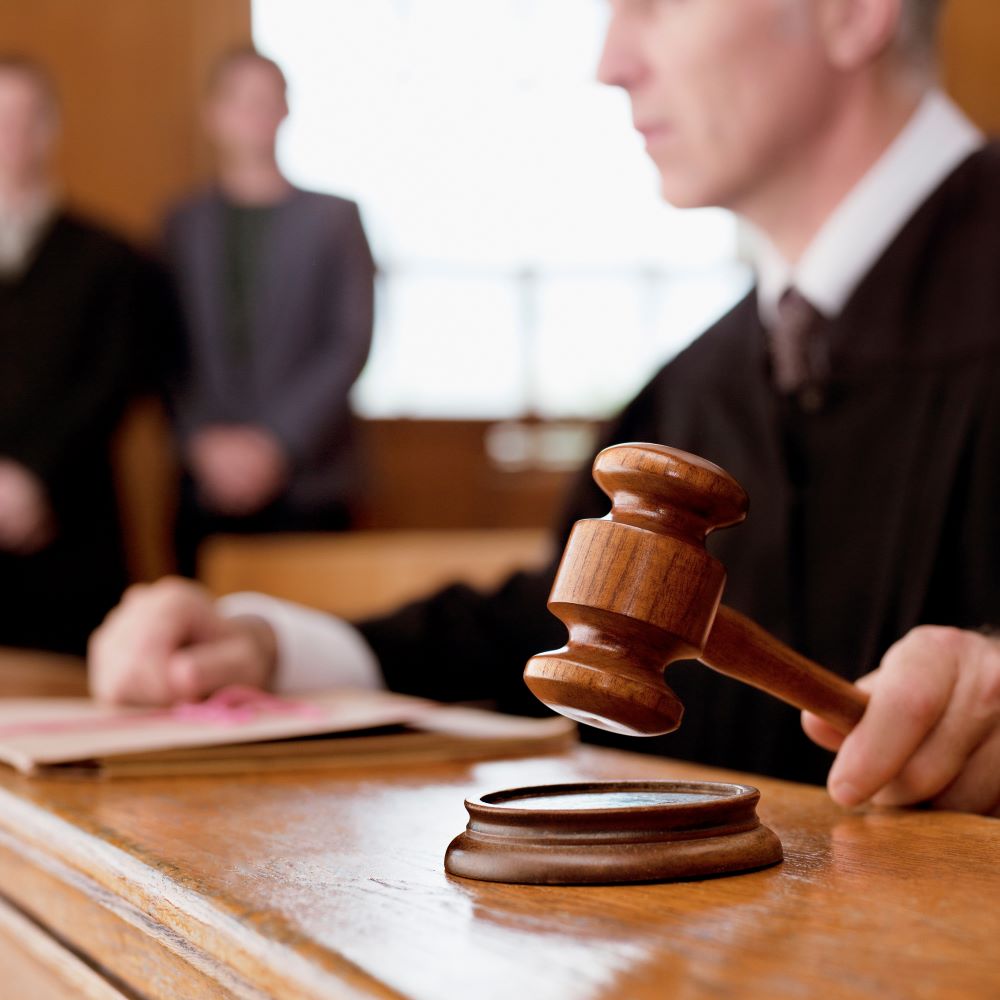Starting Jury Duty: There Are 4 Types of Witnesses You Could See In Court

During a trial, jury members expect to hear evidence of the case from both sides. The prosecutors attempt to prove guilt, and the defense tries to show innocence, building as much information to validate their claims. While sitting in court, you are going to have to determine which side you believe. Along with photos and tangible collections, attorneys are likely to interview people on the stand. Be prepared to listen to testimony from one or more of the following types of witnesses.
1. Expert Witnesses
Some cases demand expert witness services. These professionals work in fields and often possess a keen awareness of the content and a reliable reputation. Legal teams use them to corroborate information and to explain technical information. For instance, bankers could be asked to elaborate on funding transfers in a suit involving financial fraud. In medical cases, doctors and scientists could lend their background information.
2. Character Witnesses
Defense teams often want to showcase a client’s personality, helping the jury understand the accused’s previous choices. This character portrayal is likely to be someone close to the defendant. The defense lawyer is bound to ask questions that build sympathy or discredit the prosecutor’s attempt to show wrongdoing. While on the jury, decide if the character is enough to offset the evidence.
3. Eye Witnesses
Was someone there to validate the accusations? Could someone provide an alibi for the accused? People who have first-hand knowledge of the crime or the person’s whereabouts are considered eyewitnesses. Juries must ponder the validity and reliability of the testimony, but these first-person accounts usually weigh pretty heavily in considering a verdict.
4. Fact Witnesses
Many lawyers establish a timeline for the events, calling people to the stand to discuss what happened days, weeks or even years in advance. These factual witnesses are adding pieces to the story that each lawyer wants to convey. Is someone on trial for driving under the influence? A bartender could testify about how much the person drank that evening. Is someone on trial for hate speech? The prosecutor could call neighbors and friends who have heard previous conversations. In general, this witness supports collected evidence or builds a theory.
As a jury representative, be prepared to sit and listen for quite a bit of time. Remember to weigh the evidence carefully, remaining impartial throughout the proceedings. Balance the people who are talking with the physical data collected. Then, discuss with your peers what you think the outcome should be.




